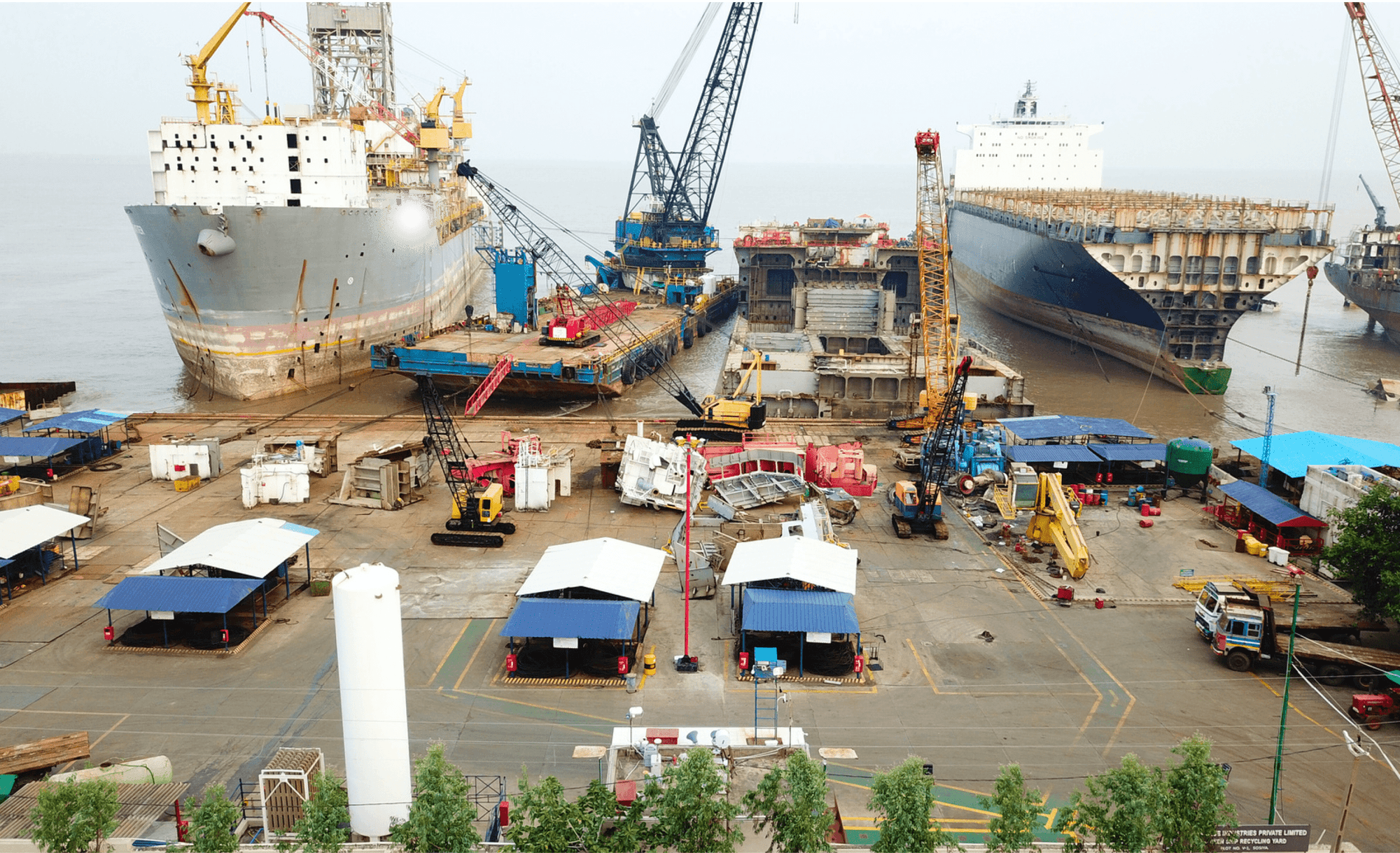A Pearl of the Orient: Unveiling Hong Kong’s Unique Character
Hong Kong, a dazzling metropolis pulsating with life, is more than just a city in China. Officially known as the Hong Kong Special Administrative Region (HKSAR), it thrives on a unique blend of autonomy and connection to the mainland. Nestled in East Asia, bordering the Guangdong province, Hong Kong boasts over 7.3 million residents, making it one of the most densely populated areas on Earth. Yet, amidst the towering skyscrapers and bustling streets, a distinct identity flourishes.

A System of “One Country, Two Systems”
Hong Kong’s character is defined by the principle of “one country, two systems.” This ingenious framework allows the territory to maintain a separate political and economic system from mainland China. While foreign affairs and defense fall under the purview of the central government, Hong Kong enjoys a high degree of autonomy in other spheres. It possesses its own executive, legislative, and judicial branches, independent from those of China. This autonomy extends to international participation, with Hong Kong actively engaging in organizations like the Asia-Pacific Economic Cooperation (APEC) and the World Trade Organization (WTO).
A Global Financial Powerhouse
Hong Kong has carved a niche for itself as a premier financial center. Its robust economic system is reflected in the highest Financial Development Index score in the world. Consistently ranked among the freest and most competitive economies, Hong Kong is a magnet for international investors. The territory boasts the world’s highest concentration of skyscrapers, a testament to its thriving business environment. But prosperity extends beyond financial metrics. Hong Kong ranks highly in the Human Development Index, with residents enjoying one of the world’s highest life expectancies.
Governing with a Blend of Tradition and Innovation
Hong Kong’s governance structure is a fascinating blend of tradition and modernity. Following the Westminster system, the territory operates under an executive-parliamentary system. The Chief Executive, the head of government, is responsible for leading the administration. China’s central government maintains a role by overseeing the regional government. The legal system draws inspiration from the English common law system, ensuring a distinct legal framework from mainland China. This unique system is overseen by the Department of Justice, which provides legal advice, prosecutes criminal cases, and fosters international legal cooperation.
A Thriving Capitalist Economy
Hong Kong’s economic success hinges on a capitalist mixed-service model. This translates to low taxes, minimal government intervention, and well-established international markets. The territory ranks as the 33rd largest economy globally, boasting the world’s seventh-largest stock exchange. As a global hub for trade and finance, Hong Kong attracts numerous corporate headquarters, particularly in the Asia-Pacific region. It thrives as the world’s seventh-largest trading region and remains a significant manufacturing center in Asia.
Looking Ahead: A Dynamic Future
While this article provides a glimpse into Hong Kong’s unique character, the story continues to unfold. Resources like the National Law Review offer valuable insights into the latest legal, economic, and social developments shaping this dynamic region. From cutting-edge cryptocurrency regulations to evolving immigration policies, staying informed about Hong Kong unveils the ever-evolving tapestry of this captivating metropolis.
In Conclusion
Hong Kong stands as a testament to the power of autonomy within a larger system. Its blend of Eastern and Western influences, coupled with a robust economic engine, creates a truly global city. As Hong Kong navigates its future, its unique character promises to continue captivating the world.
In essence, Hong Kong operates with a level of autonomy, particularly in areas such as executive, legislative, and judicial powers, barring military defense and foreign affairs, which are overseen by China. This unique setup enables Hong Kong to actively participate in international organizations such as the Asia-Pacific Economic Cooperation and the World Trade Organization.
Notably, Hong Kong has earned its reputation as one of the world’s premier financial hubs, boasting the highest financial development index score. Its economy consistently ranks among the most competitive and freest globally, thanks to low taxation, minimal government intervention, and robust international markets. The skyline of Hong Kong is adorned with skyscrapers, reflecting its status as a thriving economic center.
Moreover, Hong Kong’s quality of life is reflected in its high life expectancy, ranking among the highest globally. This is complemented by its impressive performance in the Human Development Index rankings.
Politically, Hong Kong operates under an executive-parliamentary government modeled after the Westminster System. The Chief Executive heads the government, while the central government of China provides oversight. The territory’s legal system is rooted in the common law tradition inherited from English law, with the Department of Justice handling legal matters and providing advice and representation.
Disclaimer:
Hey there! Just a heads-up: the stuff you find on this website is meant for general info only. We try our best to keep it accurate and up-to-date, but we can’t guarantee it’s always perfect. We’re not making any promises about how complete, accurate, reliable, suitable, or available the info, products, or services on here are for your needs.
So, if you decide to rely on any of this info, just know it’s at your own risk. We’re not responsible for any losses or damages that might happen because of using this website, whether it’s indirect, consequential, or anything else. That includes things like losing data or profits. Thanks for understanding!
Author: shipping inbox
shipping and maritime related web portal








